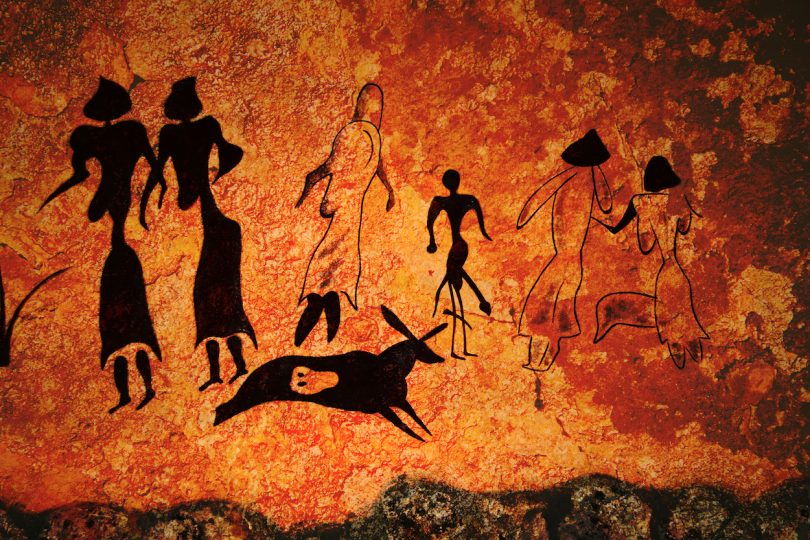
Article by
Anthropology is one of the several disciplines under the auspices of social sciences. The subject matter of anthropology is ‘human’, the Greek term anthropos means human being, that is the most fascinating of all creations. Anthropology differs from her sister subjects like sociology or psychology because it tries to understand the human being in a holistic manner; that is to understand the humans from the beginning of the time to date and probably their future, and that too, for all the diversity they represent – yet maintaining the commonalities. Anthropology tries to understand the nature and nurture of humans across time and space.
Anthropology, to achieve the holistic perspective, is divided into four major branches including archaeology, linguistics, physical or biological anthropology and socio-cultural anthropology.
Archeology is the study of materials, - often include artifacts, skeletons and mummies (human remains), architectural remains or structures, features and ecofacts (biological artifacts) or the organic materials that were not disturbed by the humans, - that decodes the specific age to provide an understanding of temporal effects and contexts. It provides a reconstructed history of the human past.
Physical or biological anthropology attempts to answer the questions pertaining to human evolution. It tries to provide answers from a biological perspective. One of the many subdisciplines of physical anthropology is anthropometry; i.e., the study about measurements and proportions of the human body. Primatology is one important subdiscipline that studies the primates (e.g., chimpanzees, orangutans and apes), that helps to understand the links of primates to the primitive forms of humans (hominins & homoerectus).
Linguistics is the study of language, culture is inculcated and promoted through language. Therefore, anthropologists study linguistics as part of cultural inquiry. Language cannot be fossilized, albeit, there is a possibility of establishing logical connections between languages and evolution of language. It is frequently debated that cognition and language are interdependent.
Socio-cultural anthropologists are eager to learn and describe culture through ethnography, first hand personal study of a cultural group, to familiarize the culture of a specific group to others. Margaret Mead, one of the famous anthropologists, talked about ethnographic fieldwork, “The way to do fieldwork is never to come up for air until it is all over”. This practice is highly potent to minimize the alterity that often prevails and makes groups ethnocentric. Anthropology is transforming from her historical cultural knowledge base to more applied contributions to resolve contemporary pressing social issues; her research merits are legit to help understand the social and cultural realm in contextual and relative terms. Thus, traditional ethnographic fieldwork is often replaced with relatively fast-paced participatory research methods that enhance the applicability of anthropological knowledge to a great variety of social applications. Anthropology is playing a central role when it comes to any inter-disciplinary research.
Anthropologists are helping the world to understand diversity, and cultures to reduce stereotyping and ethnocentrism. Therefore, anthropology is nothing but ‘an attempt to make the world a better place’.
 Monthly "Azeem English Magazine", launched in 2000, records the information about diverse fields like mental health, literature, research, science, and art. The magazine's objective is to impart social, cultural, and literary values to society.
Monthly "Azeem English Magazine", launched in 2000, records the information about diverse fields like mental health, literature, research, science, and art. The magazine's objective is to impart social, cultural, and literary values to society.
+92 51 88 93 092
First Floor, RAS Arcade, Eidhi Market, Street#124, G-13/4, Islamabad, Pakistan, 44000.